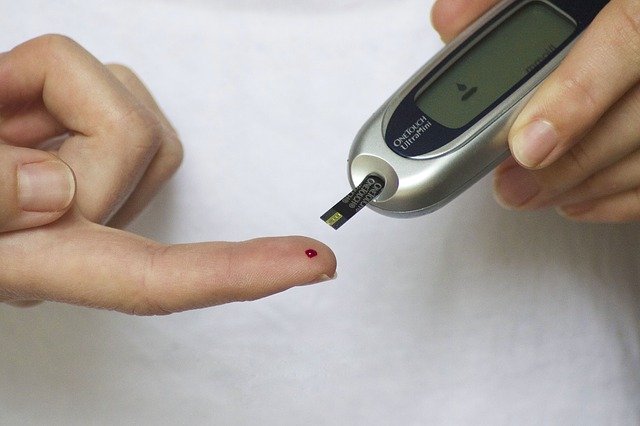
In a new study, researchers found that men who enter puberty at an early age are more likely to develop type 2 diabetes as adults than later developing boys, irrespective of their weight in childhood.
The research was conducted by a team at the University of Gothenburg, Sweden.
An elevated BMI in adulthood is a well-known risk factor for type 2 diabetes.
Previous studies have found that boys who are overweight as children or gain excessive weight during puberty, are more likely to develop type 2 diabetes as adults.
In addition, evidence suggests a link between early puberty onset in girls (start of menstruation) and higher diabetes risk, but retrospective studies in boys have been hampered by the lack of easily available markers of puberty.
The purpose of this new study was to determine whether puberty timing can be linked to diabetes risk in men, even after adjusting for changes in BMI, using an objective measure of puberty timing.
The team followed more than 30,600 Swedish men born between 1945 and 1961.
They found that boys who had their pubertal growth spurt at age 9.3 to 13.4 years (the youngest group) were around twice as likely to develop early type 2 diabetes (aged 57 years or younger), than those who had the growth spurt at the age of 14.8 to 17.9 years (the oldest group), when the data was adjusted for the children’s body-mass index (BMI).
In addition to an increased risk of early type 2 diabetes, men who went through puberty in the youngest group also had a 27% increased risk of late type 2 diabetes (after age 57 years), not as pronounced as for early type 2 diabetes.
The age of 57.2 years was the cut-off point for ‘early’ and ‘late’ since it was the median age of developing diabetes in the study, with an equal number of those who developed diabetes doing so both before and after this age.
The associations between early puberty and early and late type 2 diabetes were also maintained after adjustment for a range of factors including birth year, country of birth, birth weight, and education level.
Men who had early pubertal growth spurt were also more likely to require insulin treatment if they went on to develop type 2 diabetes (a 25% increased risk of developing insulin-dependent type 2 diabetes for each year earlier of going through puberty).
The findings suggest that early puberty could be a novel independent risk factor for type 2 diabetes in men.
Although the mechanisms for the link between early puberty and a higher risk of type 2 diabetes are unclear, it is possible that starting puberty at an earlier age may lead to the accumulation of excess abdominal fat, which in turn increases cardiometabolic risk factors such as high blood pressure, diabetes, and abnormal lipid levels.
One author of the study is Associate Professor Jenny Kindblom.
The study is published in Diabetologia.
Copyright © 2020 Knowridge Science Report. All rights reserved.



